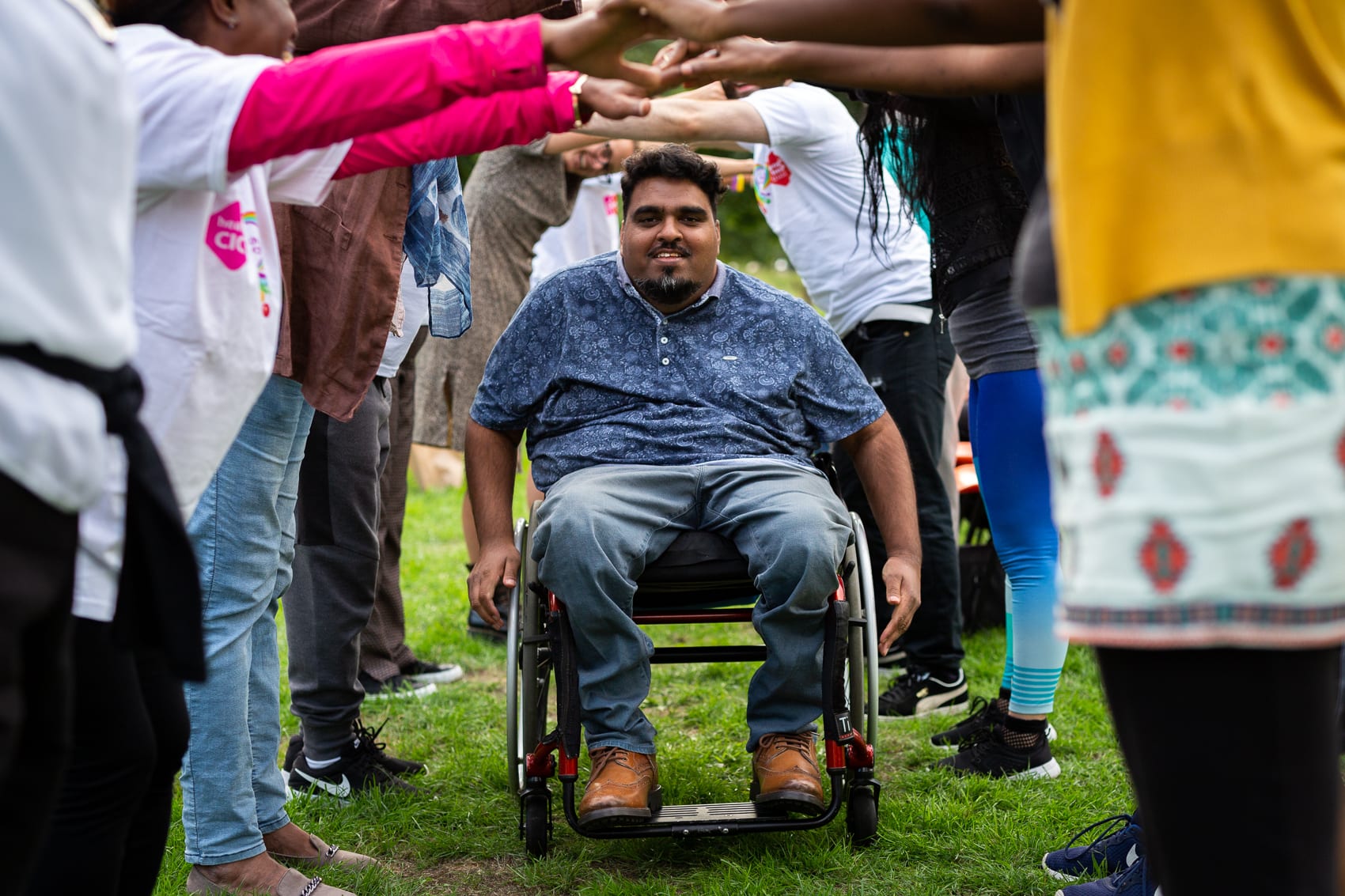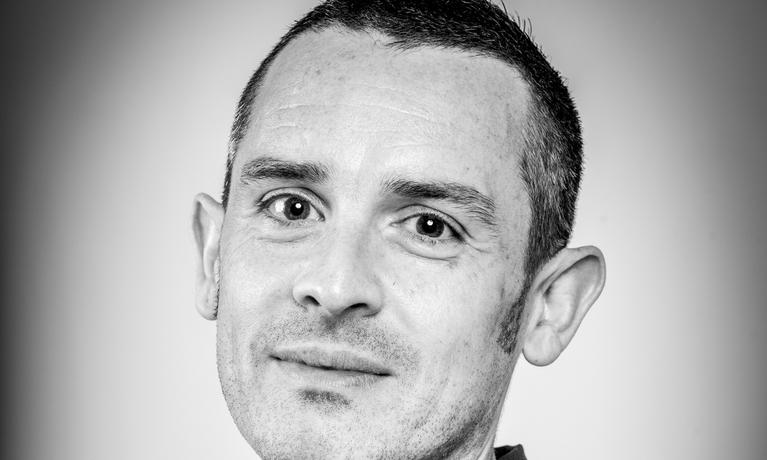
This week, during Race Equality Week 2022, People’s Health Trust issued its intention to be an anti-racist and anti-oppression organisation. Chief Executive, John Hume, writes about the importance of tackling discrimination as a determinant of health.
We are acutely aware that these can be hollow words if not accompanied by clear action, particularly as a funder with power. They can become performative and would be not only useless but also harmful.
Being a charity focused on health inequalities does not go far enough. We need to take a stance which goes beyond being pro-equality and pro-equity but is also actively countering racism and oppression through the work we do, the systems we come into contact with, the people we work with, as an employer and as individuals.
Taking this stance is absolutely partly a reaction to the events surrounding the deaths of George Floyd, Bibaa Henry, Nicole Smallman, Sarah Everard, Lee Irving, Anthony Walgate, Gabriel Kovari, Daniel Whitworth and Jack Taylor, to name but a few. Those unjust and avoidable deaths are the visceral side of racism, misogyny, ableism and homophobia in the UK today.
It is also critical we take a public position against racism and oppression because we know that discrimination is harmful to health and this, in turn fuels the health inequalities we see rising today in England, Scotland and Wales.
It is hardly surprising to say that if you experience discrimination it will affect your health. Anecdotally, many marginalised people will know and experience this, yet comparatively, the studies on this are nascent. Research by Kings College London and UCL into the impact of racial discrimination on health in 2020 stated that “those who reported [to the study] racial discrimination had poorer self-rated health, poorer physical functioning scores and a greater likelihood of having a limiting longstanding illness than those who did not report racial discrimination”. The study also showed that racial discrimination was associated with greater psychological distress, poorer mental functioning and lower life satisfaction.
Although the link between discrimination and poor physical and mental health outcomes is in its infancy, other US studies do point to a relationship between “lifetime and everyday discrimination” and cardio-vascular incidents and risks. A meta-analysis of 29 US studies in 2019 concluded that “experiences of discrimination reported by adults are adversely related to mental health and indicators of physical health, including preclinical indicators of disease, health behaviors, utilization of care, and adherence to medical regimens.”
The connection between discrimination and reduced mental and physical health goes something like this according to Williams et al in 2019: cultural stereotypes and stigmatisation influences institutional discrimination (the policies created and services provided) and these, in turn, have a disproportionate negative impact on marginalised people in education, employment, economic wealth, social inclusion, confidence etc.
When the demands of these events (maybe multiple as identities intersect) exceed our personal resources, stress occurs and we experience psychological distress or mental ill-health. This can have biological impacts or as one study describes it, discrimination becomes “embodied” or ‘gets under the skin’ and creates direct physiological negative impacts.
Hackett et al in their 2020 study describes this clearly: “In response to perceived chronic discrimination, stress processes may be frequently activated, which over time may result in disturbances across multiple biological systems…”. I was particularly struck by the references to hyper-vigilance that marginalised people experience as a result of trauma and fear which embeds itself and is associated with cardio vascular disease.
Of course our own behaviour also plays an impact on our health outcomes, but as noted by Hackett et al and through our own work, we know that health-damaging behaviours can be used as logical coping mechanisms from stigma, discrimination, trauma and stress, including alcohol, smoking, over/under eating etc.
There is a loop: you experience stigma and stereotyping which leads to individual and institutional discrimination. Everyday and lifetime discrimination has an impact on your capacity to cope and this causes stress and these stressors change your biology leading to longer term mental and physical ill-health. This is a linear pathway which belies the complex way in which such discrimination (overt or otherwise) manifests itself in society and the, quite literally, untold damage that this does to the health of marginalised groups, including keeping them marginalised.
It makes sense that if stress-inducing incidents arising from discrimination are experienced more by some than others, then health inequalities will exist between groups. Of course discrimination is one of a number of reasons why health inequalities exist but when you add discrimination by social class into the list, does that start to suggest that discrimination is at the root of all inequities in health? A subject we’re interested in exploring further.
We have taken time to deliver our statement and initial action plan and accept, from the off, that such things are dynamic and will need to adapt to feedback and contextual changes. We will however, commit to address all forms of discrimination, racism and oppression with integrity through our work, not only because such acts of hostility violate our human rights and are morally repugnant but because they create the conditions for greater health inequalities to persist.
Foot note: I am grateful to Brigette A. Davies and her excellent blog post in writing this piece.
Read the full EDI statement here.


